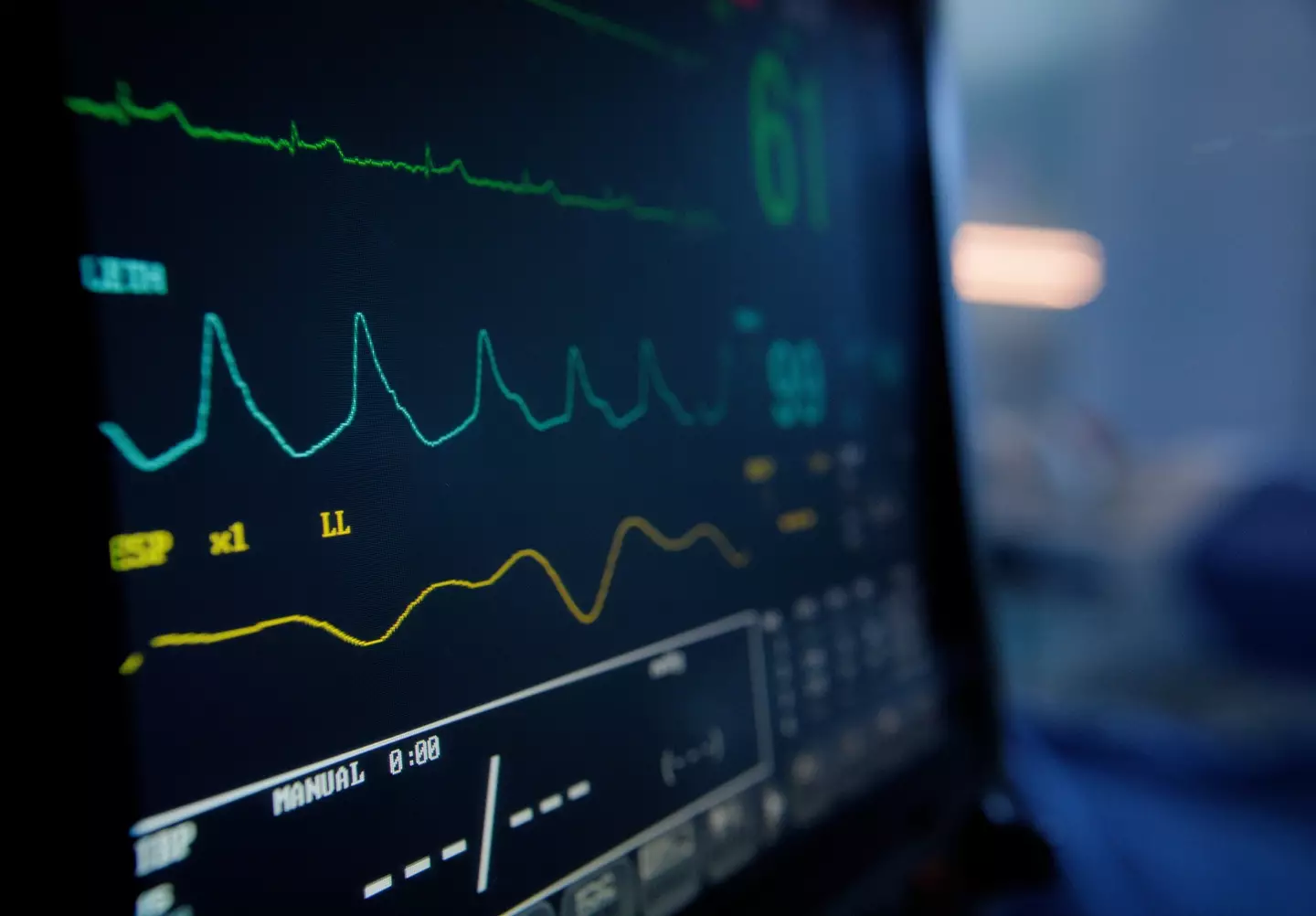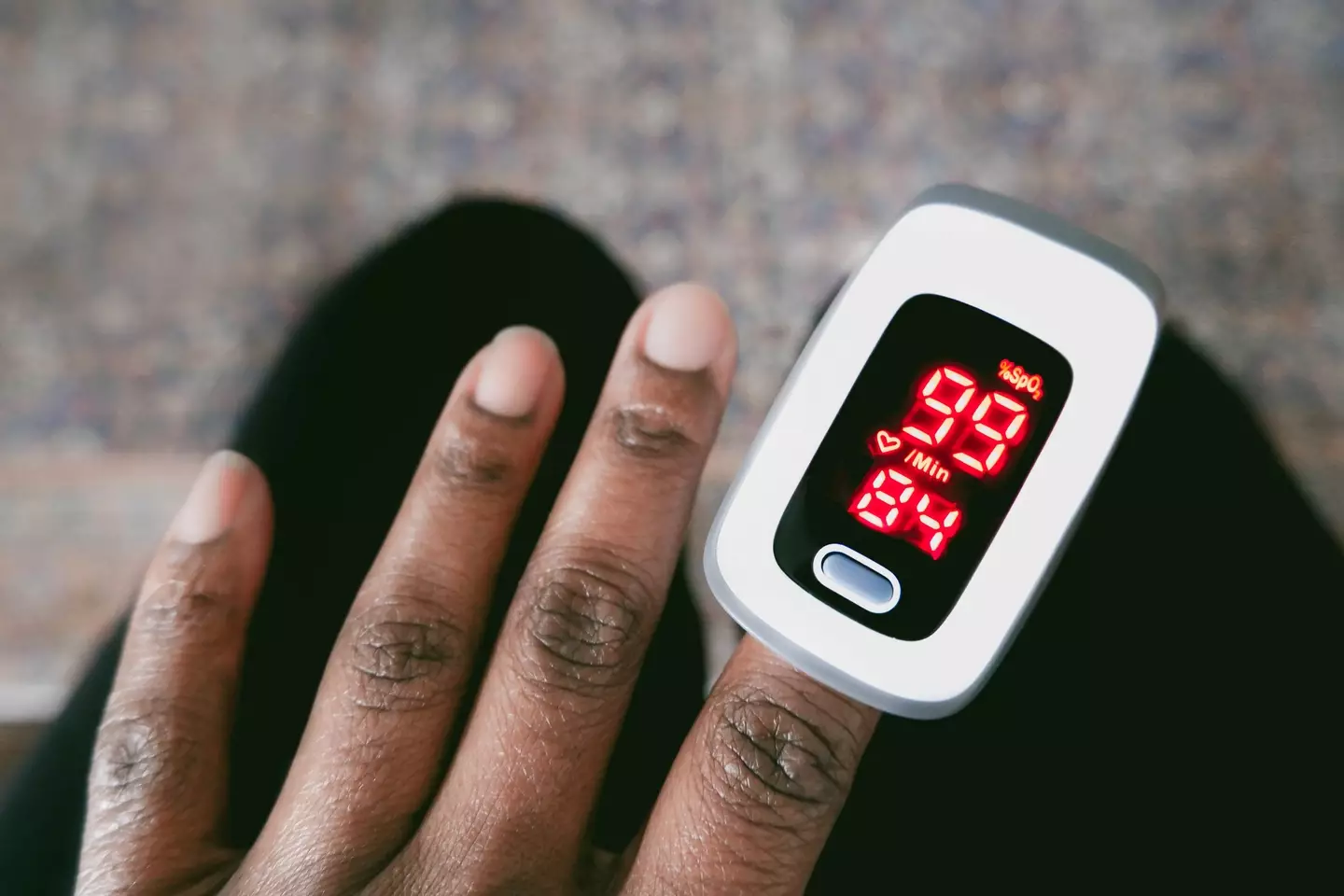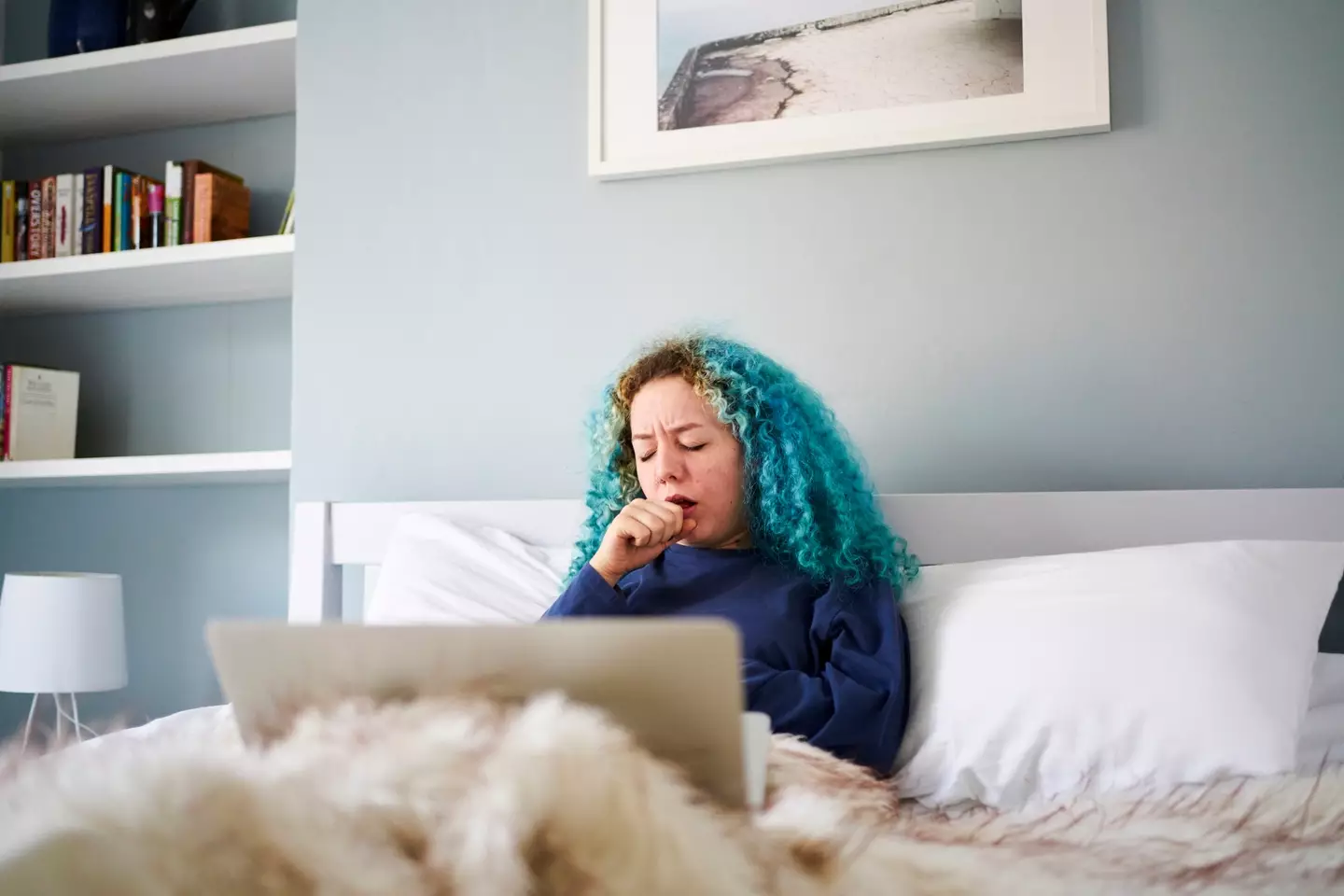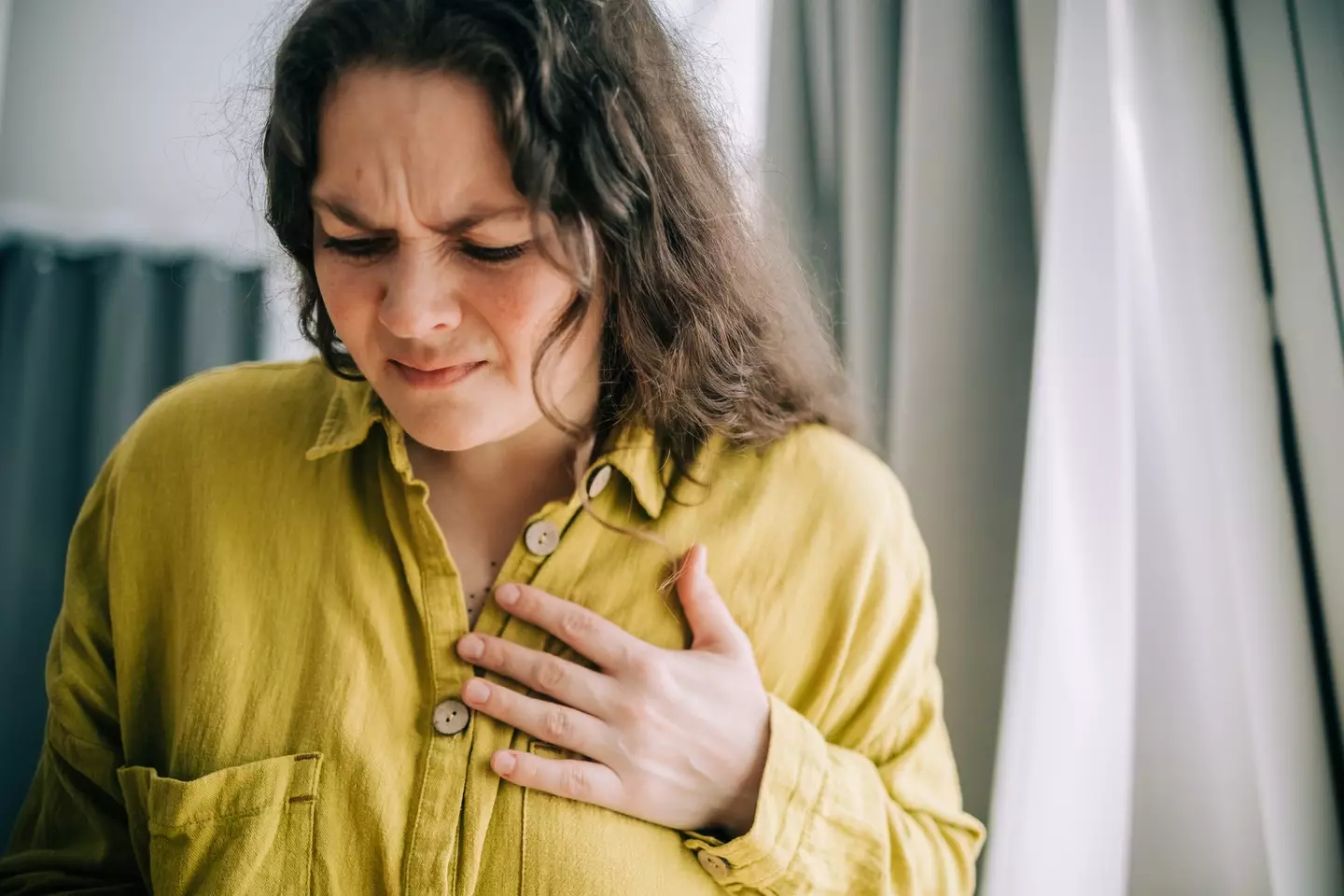If you've completed Stoptober and are now looking to stop your weed intake, there are a lot of things you’ll need to know about what happens to your body when you quit.
Thousands of Brits tend to quit smoking in October for Stoptober, and also in January when they’re determined to start the year fresh.
This is a time when smokers bin their cigarettes and paraphernalia in search of a better mentality and overall health. However, it doesn’t just help your mind, but also your body.
Now, this is for those who smoke weed with tobacco, as many of these issues arise because of nicotine.
Advert
When you stop smoking, your body has the remarkable ability to heal itself - sometimes, immediately.
Superintendent Pharmacist and Director of Pyramid Pharmacy Group, Amir Bhogal, has shared exactly what goes on internally when you quit cannabis, and what you can expect to feel.

Heart Rate Drops
Immediately, your heart rate lowers within hours of your last hit.
This is because nicotine triggers adrenaline to be released into the body, which is the ‘fight or flight’ hormone that surges when we are in danger.
When this happens, your heart rate will increase and blood vessels constrict, leading to your blood pressure rising.
But when nicotine leaves your bloodstream, it ‘lessens the stress on both your nervous and cardiovascular system, allowing blood vessels to expand again and your heart to pump blood more efficiently’.

Oxygen Levels Rise
Within 24-hours, the carbon monoxide, a toxic gas released from tobacco, messes with how your lungs deliver oxygen to your body.
This is because it binds itself to your blood cells, 200 times more strongly than oxygen can bind itself.
This forces your lungs to work overtime to circulate oxygen.
Bhogal revealed that 'smoking can irritate the airways and cause lungs to inflame’ which is why smokers can be short of breath.
When you stop smoking, your oxygen can resume as normal, allowing you to breathe normally and feel like you’re getting better a better lungful.

Energy Improves
Just one week after putting down your Mary Jane, you can expect your energy stores to increase.
This is because nicotine provides us with the ‘pleasure hormone’ dopamine, as well as adrenaline, which can disrupt the nervous system to mess with your natural sleep cycle, the circadian rhythm.
This is why smokers may struggle with staying asleep and feeling tired during the day.
Without these hormones flooding your body, you’ll be able to sleep like a baby.

Circulation Boosts
By two weeks, your circulation is on a roll.
At this point, the lining of your blood vessels begins to repair, so blood can flow better through the body to supply your organs with oxygen and nutrients.
As per Bhogal: “This improved delivery can even be detected in routine cardiovascular blood tests, as well as manifest physically and mentally. For instance, where smoking may have turned your skin dull and dry, boosted circulation can bring some colour back to your cheeks.”

Coughing Reduces
One month in and you will be free from the pesky cough that’s been plaguing your body for some time.
At the month mark, your lungs will deep clean to repair its cilia structures to sweep mucus, tar and smoke residue from the inside.
While you might get some ‘congestion and cough up more phlegm throughout the day as your lungs clear out residual toxins’, once it’s done, you’ll breathe so much better.

Risk Drops Fast
Just three months from when you put your doob down, you’ll enter the stage where your health risks dramatically drop.
According to Bhogal: “From 3 months onward, the long-term benefits of quitting become more prominent and only continue to get better. Reducing strain on your cardiovascular system can help sharply decrease the risk of heart attack or stroke.”
Quitting starts with the first step of removing cannabis from your life, which can be tough if you’ve become reliant on it.
But once you take that leap, you’ll see all of the above come into action, and it’s so worth it.
If you want friendly, confidential advice about drugs, you can talk to FRANK. You can call 0300 123 6600, text 82111 or contact through their website 24/7, or livechat from 2pm-6pm any day of the week.

